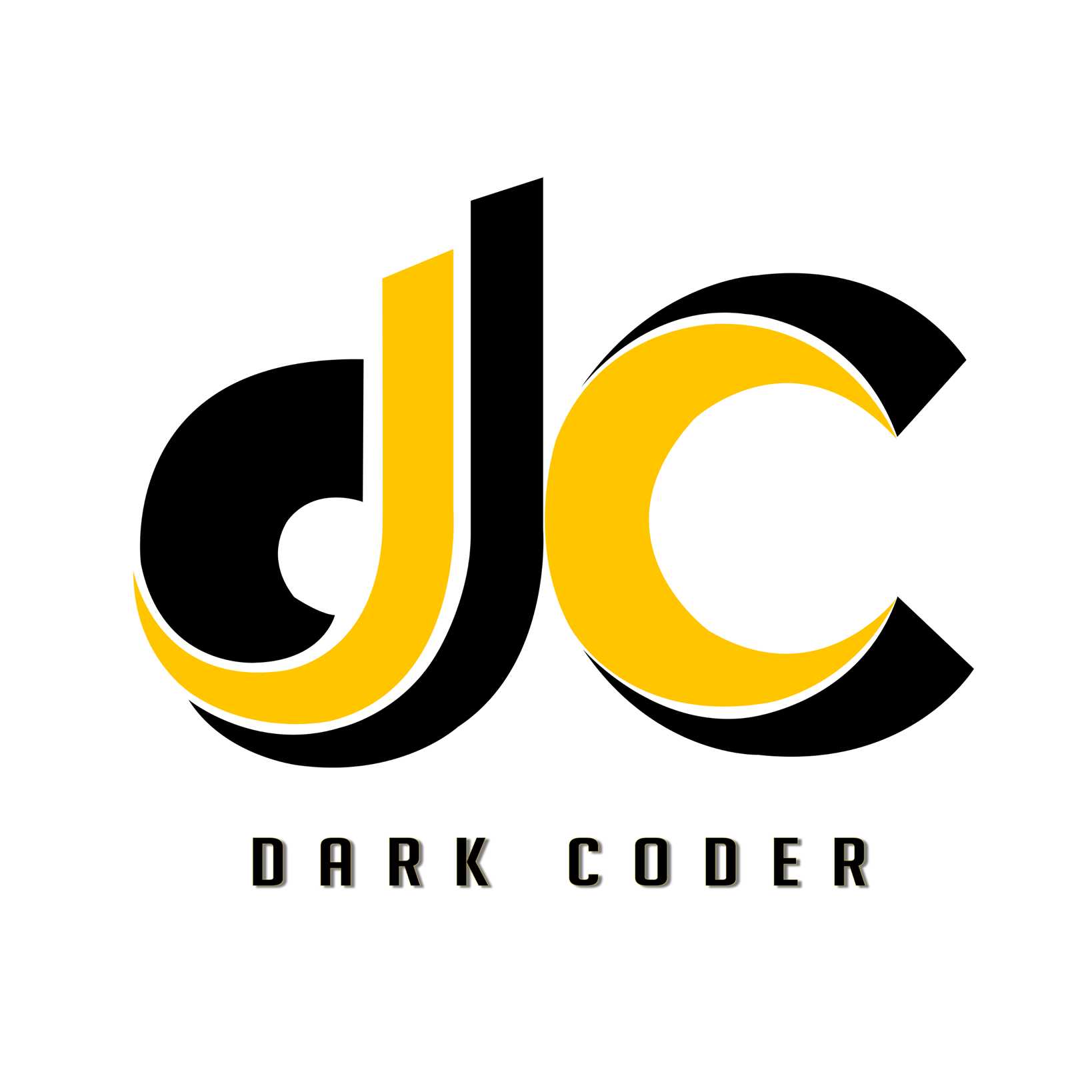
C programs are typically written in a text editor, such as Notepad, Sublime Text, or Atom. These text editors allow you to write and edit the code, and then save the file with a .c or .cpp file extension.
Once the program is written and saved, it needs to be compiled in order to be executed by the computer. This is typically done using a compiler, such as GCC (GNU Compiler Collection) for Linux or Mac, or Visual C++ for Windows. The compiler reads the code and creates an executable file that can be run on the computer.
You can also use an Integrated Development Environment (IDE) to write, edit, and run C programs. Some popular IDEs for C programming include Eclipse, Code::Blocks, and Visual Studio. These IDEs provide a more user-friendly interface and often include additional tools such as a code editor, compiler, and debugging tools.
